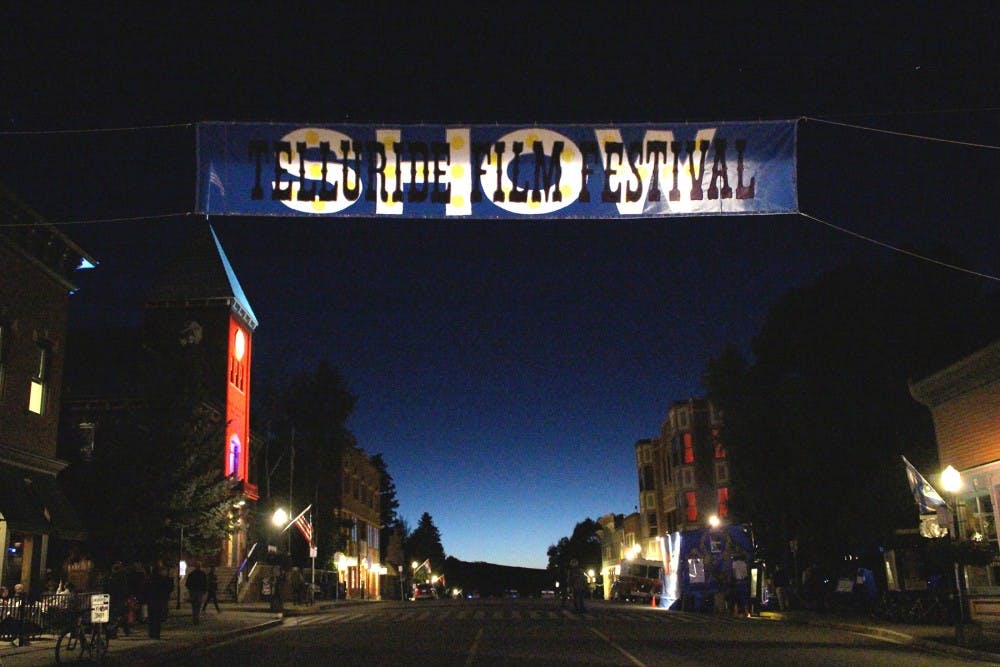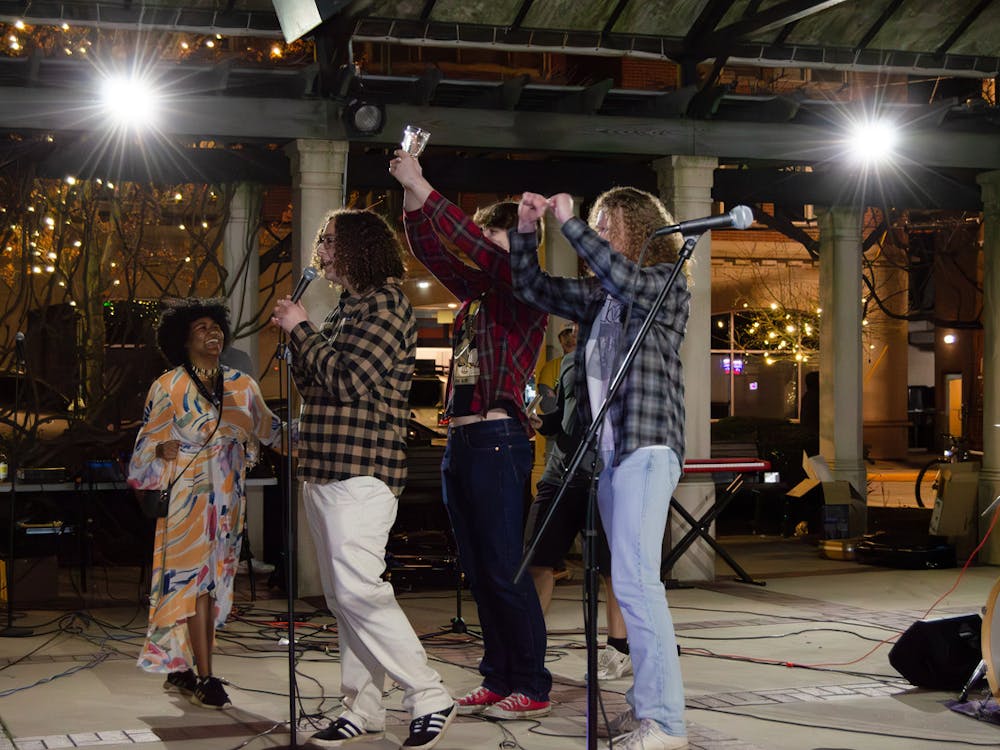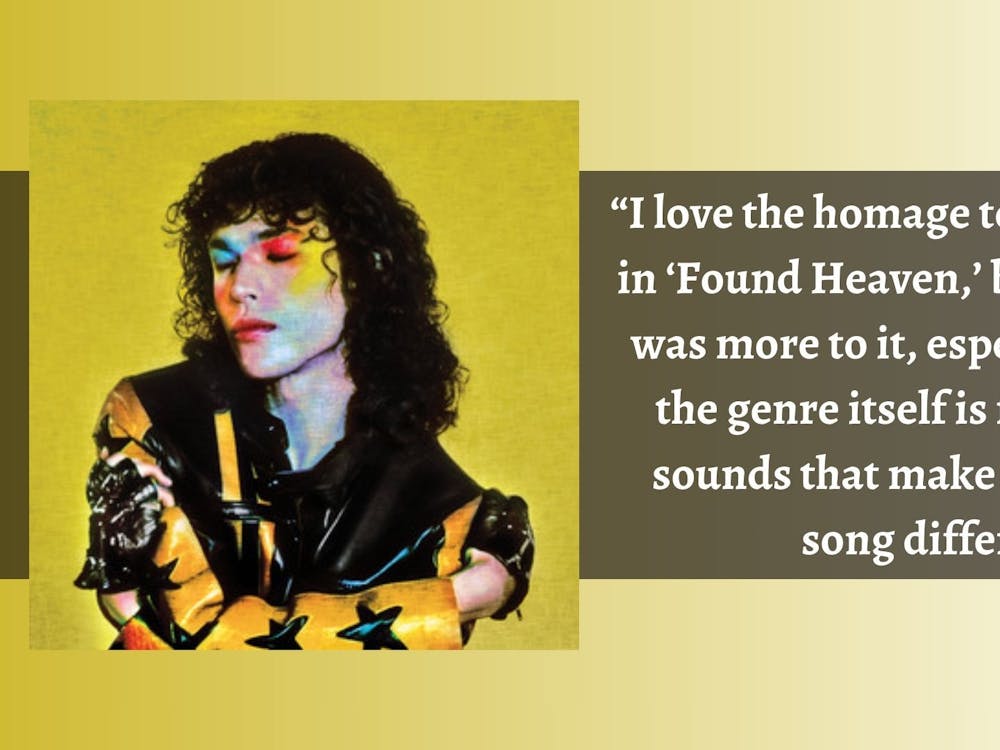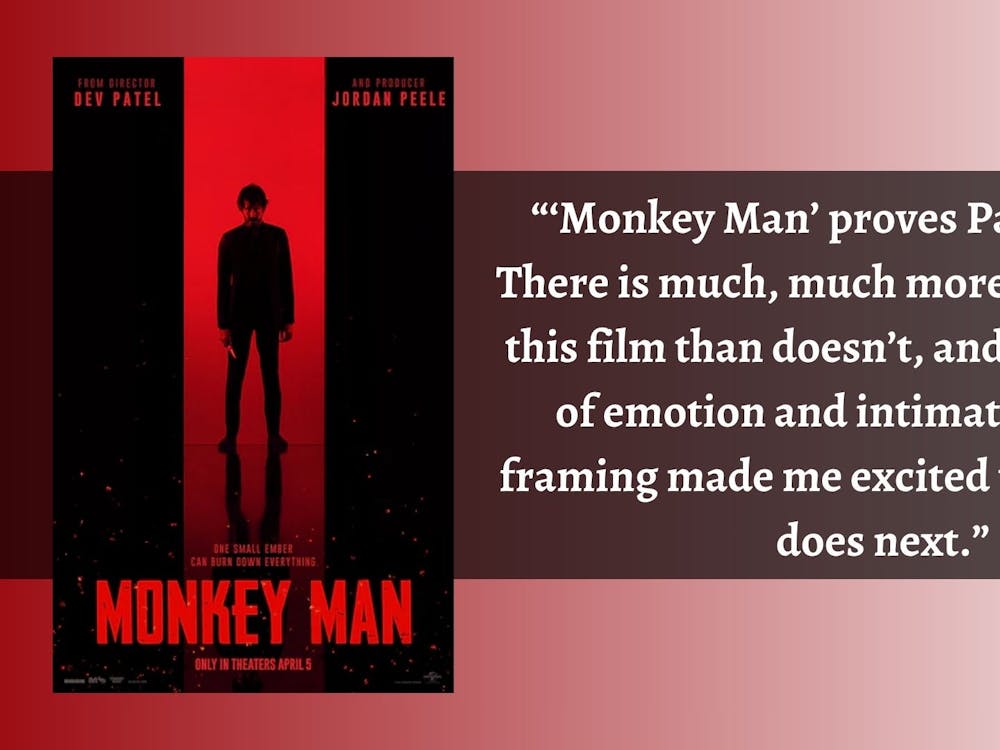By A.J. Newberry, Staff Writer
Last year's best picture winner, "Spotlight," was a triumph of America's values. Unity, justice and the freedom of speech -- characteristics rarely emphasized by daily media that so often focuses on the affected and divisive accounts of our country.
You may call the film "unglamorized" but not without calling it idealized, or just ideal. In "Spotlight," we saw the best version of ourselves, whereas Aaron Sorkin took home the Oscar in "Steve Jobs" for the most honest version.
Perhaps, then, it's most fitting for 2016 to have a film that is honest and ideal. At the Telluride Film Festival, Barry Jenkins premiered the Brad Pitt-produced American drama, "Moonlight."
Jenkins is a story of triumph himself, attending the festival in 2002 as a student and meeting filmmakers whose backgrounds were much more privileged than his. It has also been eight years since his last film. Introducing the film on stage, he expressed to the audience that it was something "he had to make," for himself and for the black audiences who are almost exclusively portrayed in film as characters of conflict.
"Moonlight" centers around the story of Chiron, chronicled as a boy, adolescent and man played respectively by Alex R. Hibbert, Ashton Sanders and Trevante Rhodes. Filmed in Miami, Florida where Jenkins grew up, the film follows Chiron as he faces a world of decisions and limitations we know to exist but have never seen from this perspective.
The film is structured like "Slumdog Millionaire," focusing on Chiron's home life and interaction with peers. Each performance of his age brings with it different tones of the film. When he's a child being chased by bullies, the camera chases and tracks in front of him down an aisle of locked doors into an abandoned apartment. Chiron is rescued by a man named Juan (played by Mahershala Ali from "House of Cards"), a subplot that paints one of the most beautiful paternal relationships you'll ever see. But fate doesn't keep them together, and Juan's lack of presence in the second act leaves viewers frustrated like the wayward Chiron, keeping on with faint hope. This isn't idealized -- it's real.
The camera movement heightens into the second act but becomes more stationary when Chiron becomes a man and takes control of his life. However, the element most captivating about this film is its color. For decades in cinematography, labs that processed color film were optimized for white faces. Now with countless innovations in post, color correction has given movies like "Selma" and "12 Years A Slave" the flattery Hollywood always had. To make things more perfect, Jenkins and his director of photography, James Laxton, use all kinds of fluorescent blues, yellows and pinks to give the film a radiance from within.
The film is about love and destiny, but the bright whites and constant blues reveal a hopelessness in Chiron's life that may never let up. And if color psychology doesn't faze you, Nicholas Brittel's score will. Composed mostly of violins performing in an echoing room, the string chords pierce the viewer even when silence is devastating enough.
From the first flicker of the opening credits, set to tune of Kendrick Lamar's 2015 song that serenades "every nigga is a star," you feel a similar twinge of awe \0xAD-- you think that this may be the indie zeitgeist film that will take home this year's Best Picture. But that's not necessarily what Jenkins cares about.
This film doesn't give 2016 the satisfaction that you might expect. It does America one better and actually negates a lot of racial politics. Featuring virtually no white actors and focusing on issues of masculinity within black communities, Jenkins gives us the best version of ourselves.
I got a chance to meet Barry Jenkins at the festival and I asked him about his intents with "Moonlight." He said that right now he's interested in telling a contemporary story, but he isn't opposed to trying something different in the future.
Enjoy what you're reading?
Signup for our newsletter
This places a responsibility in the hands of producers. According to the Los Angeles Times, Jenkins' picture was made for less than $5 million. Marvel's two technologic man vs supernatural man movies cost a total of $500 million and are so extravagant they leave audiences numb.
The future of film has the potential for an explosion of new voices. All we have to do is support them. That means seeing something different and talking about it. "Moonlight," with its vivid colors and devastating performances, is a triumph of American filmmaking, honest and moving.
5/5 Stars




